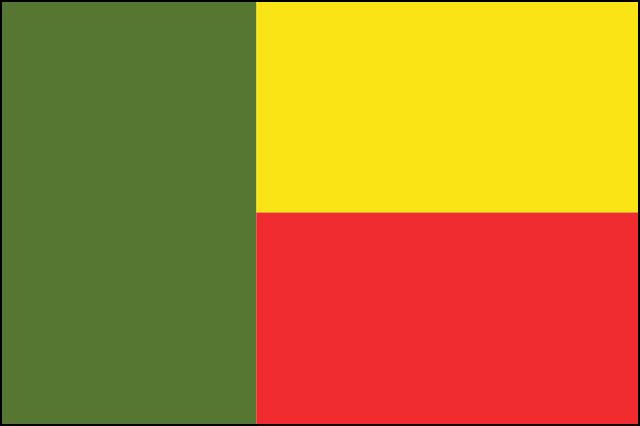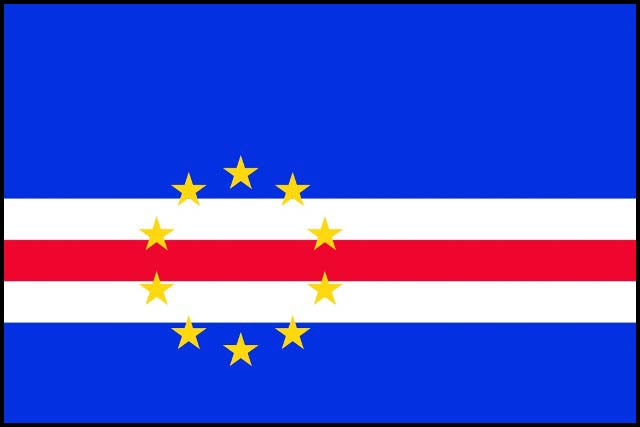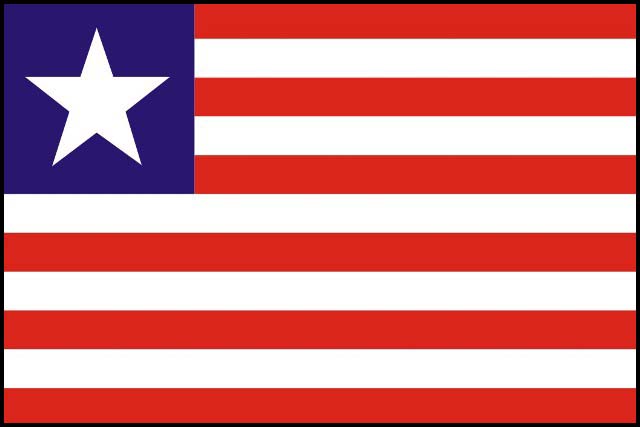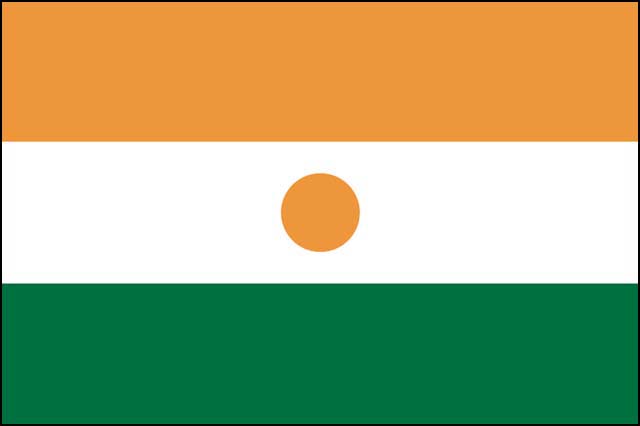Background
The Environment, Forest, and Biodiversity Conservation is one of the intervention sectors of the ECOWAS Agriculture Policy (ECOWAP). ECOWAS seeks to consolidate efforts and mobilize resources to identify and address challenges facing the environment, forest, and biodiversity conservation in the region. ECOWAS overall goal to promote environmental governance and sustainable management of resources for the improvement of the sub-regional economy while respecting the environment. It does this by developing programs, frameworks, and implementation initiatives in collaboration with national, regional, and international stakeholders.
Problem Statement
The Environment, Forest, and Biodiversity Conservation sector is confronted with enormous challenges. Those challenges include the high rate of forest degradation, biodiversity depletion, desertification, continued pollution as well as the increasing impacts of climate change. Triggering factors include extensive and shifting agriculture, illegal logging and illicit trafficking of timber, timber products and wildlife, supply of fuelwood for domestic energy and overexploitation of non-timber forest products (CORAF, 2021).
Expected Results/Outcomes
The Commission seeks to achieve the below outcomes thus mobilizes and invites stakeholders and partners to join them.
- Forest degradation, biodiversity depletion, and desertification are reduced substantially and properly managed.
- Pollution is reduced and properly controlled, and the impact of climate change mitigated and adapted in a sustainable manner.
- The shifting agriculture, illegal logging, illicit trafficking of timber and wildlife and overexploitation of non-timber forest products are governed and regulated properly.
Collaborating Partners & Coordinating Mechanism.
- ECOWAS, European Union (EU), Swedish Cooperation, Government, USAID, FAO, UNEP, or NEPAD, the Dutch Government, etc.
Spotlight of main interventions or programs achieved.
In response to the ever-increasing challenges in the Sector, the ECOWAS Commission has put in place several instruments and mechanisms. With the support of the region's technical and financial partners, several adaptation and mitigation measures and initiatives are being conducted in a collaborative manner at both national and regional level. Below are some interventions made in this sector. They include but not limited to the followings:
- The regional climate strategy and its plan for accessing and mobilizing climate finance were adopted by National Technical Experts (ECOWAS Annual Report, 2022).
- Fifty local participants were trained on the evaluation of the tools used for environmental assessment, with technical support of the Dutch Environmental Assessment Commission (ECOWAS Annual Report, 2022).
- Support was provided to Member States for the development of national strategies to combat wildlife crime and a publication on gender and forestry analysis, which highlights preliminary findings and recommendations on how to address gender inequalities in the forestry sector was done (ECOWAS Annual Report, 2022).
- The 15th Conference of the Parties of the United Nations Convention to Combat Desertification (COP15-UNCCD) and several decisions to improve land management and contribute to land degradation neutrality were reached (ECOWAS Annual Report, 2022).
- The Biodiversity and Low Carbon Development Programme (WA BiLED) funded by USAID-was launched and its Annual Work Plan was validated at a workshop (ECOWAS Annual Report, 2022)
- The ECOWAS Gender Development Centre (EGDC), in collaboration with FAO and Sida, co-published a briefing note on gender and forestry analysis, which highlights preliminary findings and recommendations on how to address gender inequalities in the forestry sector (ECOWAS Annual Report, 2022)
- The ECOWAS Environmental Policy was adopted in 2008.
- West African Convergence Plan for Sustainable Use and Management of Forest Ecosystems adopted in 2013.
- The West African Biodiversity and Climate Change Project (WA-BiCC) funded by USAID. This project provided both technical and financial support to the ECOWAS Directorate of Environment, which facilitated the review of the EAP and development of the MEP to track/measure implementation of the EAP.
- The Global Forest Transformation for People and Climate Project funded by Sweden and implemented by FAO with a focus on West Africa.
- The Support Program for the Preservation of Biodiversity and Fragile Ecosystems, Governance and Climate Change in West Africa (PAPBIO) funded by the European Union (EU)
- The Support Program for the Preservation of Forest Ecosystems in West Africa (PAPFor) funded by the European Union (EU).
List of the main strategic, regulatory, and technical documents or reports validated and published by ECOWAS:
- Addressing the Challenges in Managing Environment, Forests and Biodiversity Conservation in West Africa http://araa.org/en/news/addressing-challenges-managing-environment-forests-and-biodiversity-conservation-west-africa














